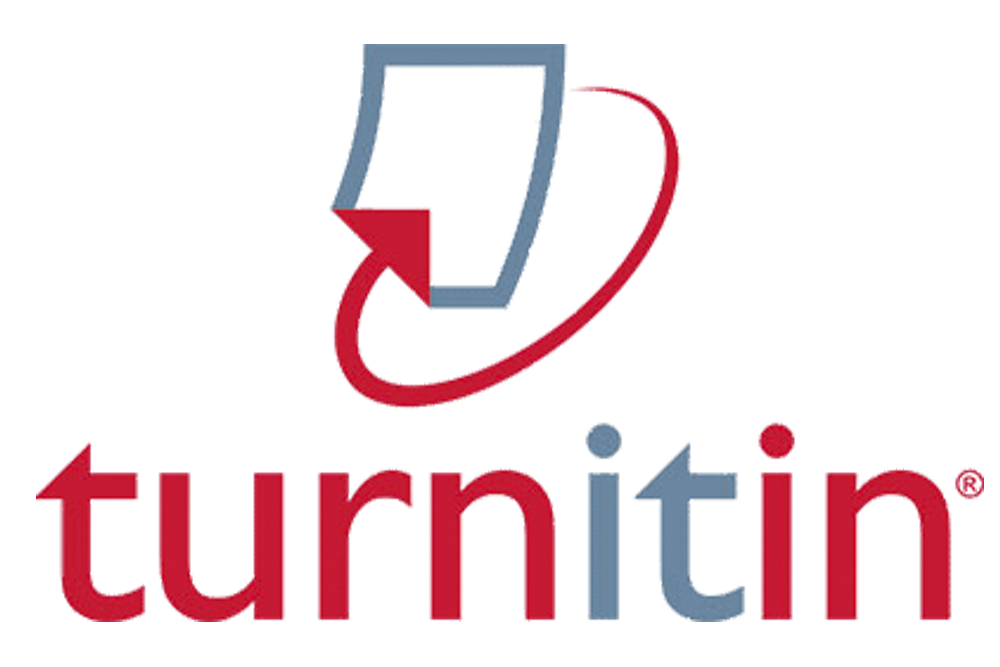STRATEGI KOMUNIKASI TIM EDUKASI PENGELOLAAN SAMPAH BERBASIS SUMBER DI DESA UBUNG KAJA
DOI:
https://doi.org/10.25078/anubhava.v3i2.2439Keywords:
communication strategy, waste, resource-based waste management, education teamAbstract
This study aims to examine the form of a communication strategy for the Resource-based Waste Management Education Team in Ubung Kaja Village. This research was conducted in Ubung Kaja Village. The sample in this study was selected by purposive sampling method. In this study, several data collection techniques were used, including observation, interviews, literature study, and documentation. Data analysis carried out in this study used data reduction, data presentation, and verification, then analyzed and interpreted in accordance with the research to be carried out so that the results obtained can truly be accounted for and a broader understanding is obtained which provides education regarding resource-based waste management. . From the results of data analysis, it was found that the Education Team used the concept of Middleton's communication strategy which was considered suitable for the program to be implemented, namely counseling on source-based waste management in a persuasive way, namely formulating plans by determining communicators, messages conveyed, media used, and targets. The communication process carried out by the Education Team is not always smooth, because there will be obstacles encountered. To analyze the obstacles the researcher used SWOT analysis and found internal and external supporting factors, as well as internal and external inhibiting factors. These factors were analyzed again using the SWOT Matrix analysis to find efforts or solutions to these constraints. In addition to the obstacles and efforts, of course there are communication effects expected by the education team, three implications are obtained, namely cognitive implications related to the knowledge of the community that understands different types of waste, affective implications which are related to emotions that are embedded in the community and the education team such as feelings, and responsibilities . The implication of behaviorism is a change in attitude, or expected behavior, namely that people have started to understand how to sort waste, make compost, biopore holes, eco enzyme, and become customers of the Garbage Bank.
Keywords: communication strategy, waste, resource-based waste management, education team
References
Cangara, Hafied. 2014. Perencanaan dan Strategi Komunikasi. Jakarta: PT. Raja Grafindo Persada.
Cangara, Hafied. 2015. Pengantar Ilmu Komunikasi. Jakarta: Raja Grafindo Persada.
Prawiro, M. 2018. Pengertian Sampah : Jenis , Dampak, dan Cara Penangannya. Retrieved From : Pengertian SAMPAH adalah: Jenis, Dampak, dan Cara Penanganannya (maxmanroe.com) , diakses pada 10 Juli 2022.
Yudha. 2022. Program Pengelolaan Sampah Berbasis Sumber dan Pendukungan UMKM Naik Kelas di Desa Dangin Puri Kangin, Kecamatan Denpasar Utara, Kotamadya Denpasar. Communitie Service Journal (CSJ), 4(2), 150-156.
Wartama, I Nyoman Widnyana. 2020. Pemberdayaan Masyarakat Dalam Pengelolaan Sampah Rumah Tangga Melalui Bank Sampah Di Desa Sidakarya Denpasar Selatan. PARTA: Jurnal Pengabdian Kepada Masyarakat Vol 1 No 1, Juni 2020
Sugiyono. 2017. Metode Penelitian Kuantitatif, Kualitatif, dan R&D. Bandung: Alfabeta.
Moleong, Lexy. 2002. Metodologi Penelitian Kualitatif. Bandung PT. remaja Rosdakarya.
Efendi, Onong Uchjana. 1988. Ilmu Komunikasi Teori dan Praktik. Bandung: Remaja Rosdakarya
Effendy, Onong Uchjana. 2009. Komunikasi Teori dan Praktek. Bandung : PT Remaja. Rosdakarya.
Downloads
Published
Issue
Section
License
Copyright (c) 2023 Anubhava: Jurnal Ilmu Komunikasi HIndu

This work is licensed under a Creative Commons Attribution-NonCommercial-NoDerivatives 4.0 International License.
Anubhava: Jurnal Komunikasi Hindu is licensed under a Creative Commons Attribution-ShareAlike 4.0 International License. Permissions beyond the scope of this license may be available at Anubhava: Jurnal Ilmu Komunikasi















